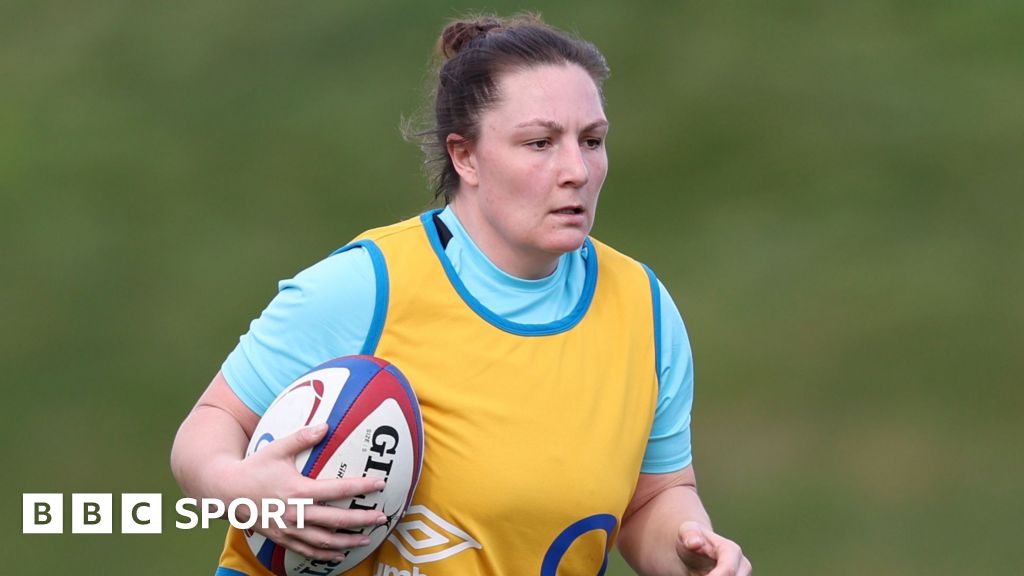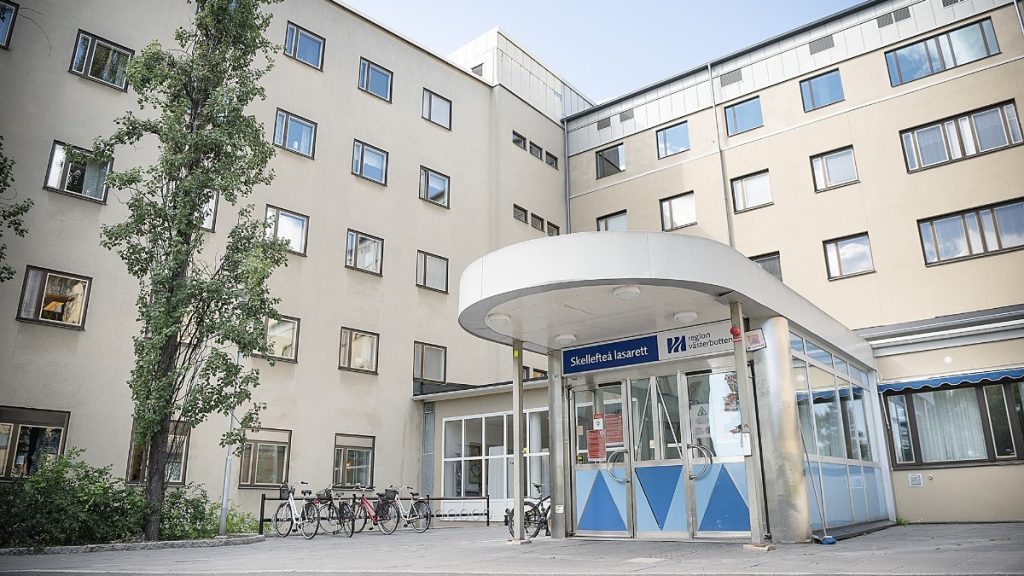My old mother has been cared for in the medical clinic at Skellefteå Hospital for some time. Visiting hours are 13.00-15.00 and 17.30-19.00, but this applies only to patients who can leave the ward. Those who cannot exit the section doors themselves may not receive visits at all, unless they are in one room.
Of course, these rules are in place to prevent the spread of the coronavirus or other infections. But patients who can leave the ward can meet as many people as they like at any time of the day and thus return any illnesses to the ward. My old mother, who is in the hall with several others and cannot go out by herself, is not allowed to receive visitors at all. Staff shouldn’t even take her out in a wheelchair. So she has no chance to meet our loved ones. Where is this logic?
After discussion, arguing, and plea for flexibility and compassion, I met my mother on her ninety-fourth birthday, and on another occasion as an exception. It seems that the ability of a relative to rest, calm and provide help is not included in the picture. It is clear what the managers in charge of this department think about me after these conversations.
The rules for visiting have changed during the spring, and it is impossible to understand the motive and I would like to hear from those who decided the rules. How can you prevent the elderly and the sick from meeting their relatives? Because this is the actual result of the visitation rules.
MajaBeloved mother’s daughter.
Reply immediately
The spread of COVID-19 is still ongoing in the community, which means we see a necessity to maintain some of the measures that were introduced during the pandemic to protect already sick patients. At the time of writing, we have had an ongoing spread of infection in the ward which has consequences for both staff and patients.
We try to fulfill the wishes of relatives in terms of allowing them to visit their relatives, at the same time we need to take into account some factors in which the spread of infection is one of them. The fact that we have fewer open wards during the summer means there will be more people staying in a smaller area and around the sick, which could increase the risk of infection spreading. In order to reduce the number of people close to those receiving inpatient care, we needed to review and adjust our visit procedures somewhat. This is also to keep as confidential as possible even for those who are looked after in a large hall.
Relatives are very important to us both for work and for those who are cared for. Getting hits often stuns life and we hope we try to make that together as much as possible only under the limited circumstances we have.
Catherine LundmarkActing Director of Operations, Geriatric Clinic Skellefteå

“Extreme tv maven. Beer fanatic. Friendly bacon fan. Communicator. Wannabe travel expert.”







More Stories
Cloud-based personal health record with AI – is it safe?
Warning of sharp increase in TBE in Vastmanland –
Study: The size of a snack determines how much you eat